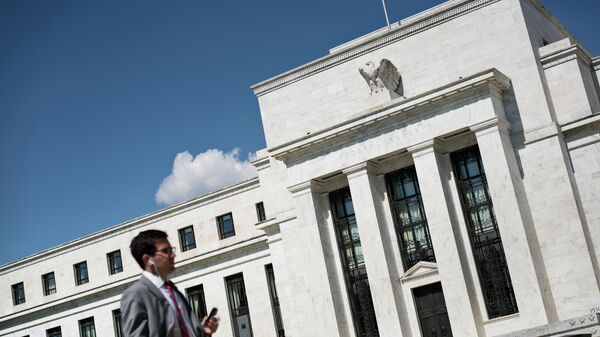"The Municipal Liquidity Facility… which was announced on 9 April as part of an initiative to provide up to $2.3 trillion in loans to support US households, businesses, and communities, will offer up to $500 billion in lending to states and municipalities to help manage cash flow stresses caused by the coronavirus pandemic", the Federal Reserve said in a statement on Monday.
The lending of up to $500 billion will be made to counties with populations of at least 500,000 residents, and cities with at least 250,000 people, the bank said, adding that it would buy bonds, issued by these jurisdictions, to provide them the loan.
The Fed said it was also considering expanding the facility to governmental entities that issued bonds backed by their own revenue.
The United States has so far rolled out aid programs totaling as much as $9 trillion to manage economic and other hardship caused by the COVID-19, White House Economic Adviser Larry Kudlow said last week.
On 23 April, the US Congress passed the $484 billion COVID-19 relief bill that amends the bipartisan-backed Coronavirus Aid, Relief, and Economic Security (CARES) Act and provides a $310 billion expansion to the authorization level of the Paycheck Protection Program (PPP). The program has been established to rescue small American businesses through loans subsequently forgiven if all employees remain on the payroll for a period of eight weeks and funds are used for payroll, mortgage interests, utilities or rent.


